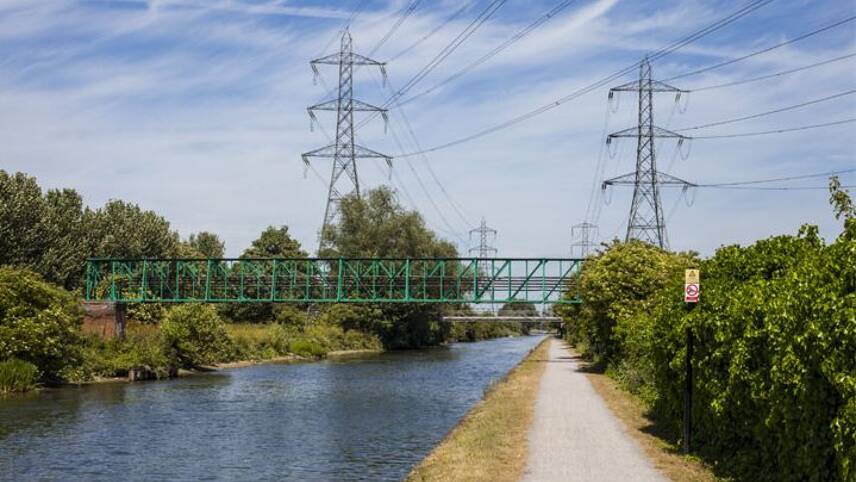Register for free and continue reading
Join our growing army of changemakers and get unlimited access to our premium content

The firm distributes more than one-quarter (27%) of the UK's electricity
The targets, verified in line the Paris Agreement’s 1.5C trajectory, build on UK Power Networks’ overarching aim to reach net-zero for all direct emissions by 2028 and a net-zero value chain by the national 2050 requirement.
They commit the organisation to reducing direct (Scope 1) emissions by 42% by 2028. UK Power Networks will then invest in offsetting to account for the remaining 58%. UK Power Networks worked with The Carbon Trust to develop the new targets and to gain verification from the SBTi.
Since the 2014-15 financial year, to be used as the baseline, UK Power Networks has reduced direct emissions by 26% to date. Future priorities will include replacing two-thirds of the fleet with electric vehicles (EVs); introducing hybrid mobile generators and generators that run on low-carbon, alternative fuels; improving office energy efficiency and tackling the embodied carbon in building materials such as concrete.
Goals for addressing emissions that are not directly controllable will be developed by UK Power Networks in the near future.
The organisation’s director of health, safety, sustainability and connections, Mark Adolphus, called the new targets “challenging but achievable”.
“Our customers, stakeholders and our regulator have been clear – the environment is a priority for them and we listen to that,” Adolphus said. “We have combined our insights with those of expert stakeholders, considering international best practice and responding to the views of our customers, to make this promise today.”
Back in February, UK Power Networks launched an £80m fund to support projects that will contribute to the net-zero transition across London and South East England. Projects set to be supported include EV charging, local heat networks and community renewable energy.
Science-based targets surge
Just a few years ago, only a handful of businesses had set 1.5C-aligned science-based targets. Early adopters included Carlsberg, BT, Tesco and Pukka Herbs.
Shortly after the Intergovernmental Panel on Climate Change (IPCC) produced its landmark report in 2018, laying bare the different impacts of the Paris Agreement’s 1.5C trajectories on nature, people and the economy, the SBTi worked to fine-tune its frameworks and requirements.
At the time of writing, 1,400+ companies have applied to the SBTi, with 537 of these plans aiming to align with 1.5C.
Aside from UK Power Networks, some firms to have recently gained approval include Nokia, Lenovo and Canary Wharf Group.
Sarah George


Just what are hybrid mobile generators ?
Answer please.
Richard Phillips